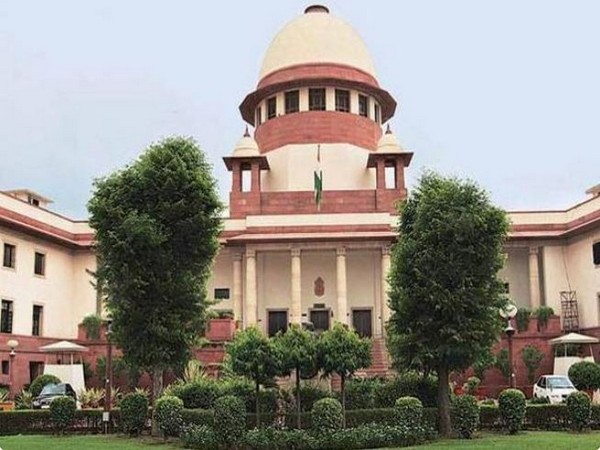Supreme Court Urges Parliament to Amend POCSO Act on Child Exploitation Terms
The Supreme Court has called on Parliament to amend the POCSO Act, replacing 'child pornography' with 'child sexual exploitative and abusive material.' This decision overturns a Madras High Court ruling and emphasizes the need for more accurate terminology to reflect the severity of the offences.

- Country:
- India
The Supreme Court on Monday urged Parliament to amend the Prevention of Children from Sexual Offences (POCSO) Act by replacing the term 'child pornography' with 'child sexual exploitative and abusive material.' The court emphasized that watching and downloading such content are offences under both the POCSO Act and information technology law. This ruling overturns a previous Madras High Court decision, which had concluded that downloading and watching child pornography was not an offence under POCSO.
A bench led by Chief Justice of India DY Chandrachud and Justices JB Pardiwala recommended that the Union government should consider bringing in an Ordinance while awaiting legislative amendment. The court explained that using the term 'child pornography' undermines the severity of the victimization, as it suggests a link to legal, consensual pornography.
The court directed all judicial bodies to adopt the term CSEAM in place of 'child pornography' to more accurately capture the criminal nature of these acts. The court also ruled that merely watching and storing child pornography can be an offence if there is an intention to share, transmit, or gain commercially from it. Suggestions were also made to the Centre to implement comprehensive sex education programs and public awareness campaigns to reduce the prevalence of child sexual exploitation materials.
The ruling came in response to appeals by NGOs Just Rights for Children Alliance and Bachpan Bachao Andolan against a January decision by the Madras High Court. The case involved a 28-year-old man who had downloaded child pornographic content, which the Madras High Court ruled did not constitute an offence under the IT Act or POCSO. The Supreme Court's new ruling mandates more stringent measures for handling such cases in the future.
(With inputs from agencies.)










